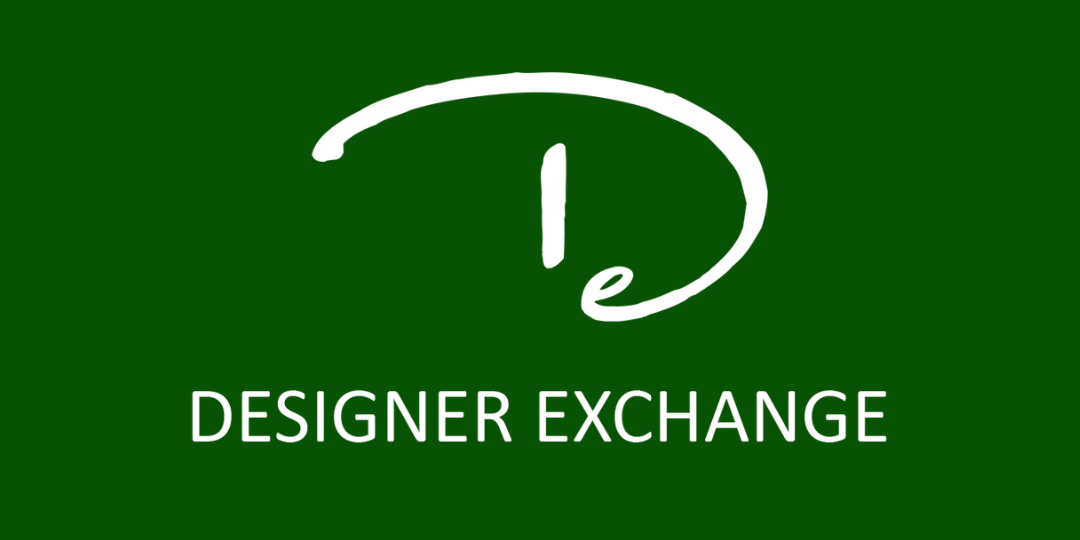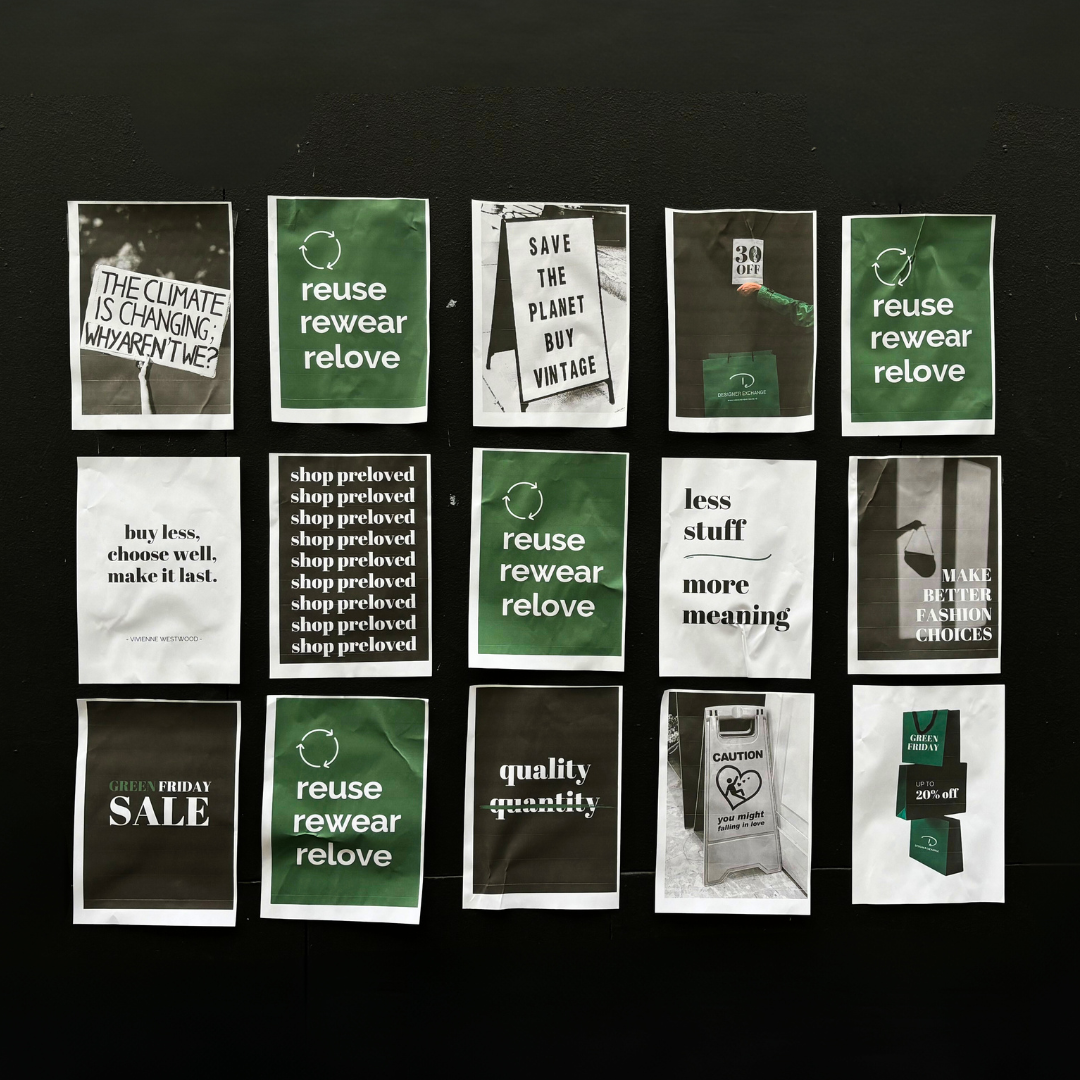As Black Friday approaches, the rush for deals, discounts, and endless consumption is about to hit its peak. But as the planet faces increasingly urgent environmental challenges, we must pause and ask ourselves: at what cost? 🌍
The frenzy of fast fashion, fueled by Black Friday’s “buy more, spend less” mentality, has created a harmful cycle of overproduction, overconsumption, and waste. Every year, we’re encouraged to buy more, often opting for cheap, low-quality items that end up discarded after just a few uses. This is a cycle that’s not only hard on the planet, but also difficult to sustain in the long run.
The Environmental Impact of Fast Fashion
The fashion industry is responsible for 10% of global carbon emissions, making it one of the largest polluting industries in the world. It uses 1.5 trillion liters of water annually, more than any other industry except agriculture. The rise of fast fashion has worsened this problem, with companies producing new collections at breakneck speed, leading to massive waste—nearly 92 million tons of textile waste are discarded every year.
This waste is only increasing. Fast fashion items are often designed for a quick turnover—cheaply made with synthetic fibers like polyester, which can take hundreds of years to decompose. When we continue to buy more, we’re fueling a cycle that has devastating effects on the environment.
Why Preloved Fashion Matters

In contrast, buying preloved and luxury fashion offers a powerful way to combat this. Instead of contributing to the endless demand for new products, we can choose to invest in timeless pieces that stand the test of time. Buying less but choosing better—higher-quality items that will last longer—is a conscious decision that benefits both your wardrobe and the planet.
When you invest in preloved fashion, you're not just acquiring beautiful pieces—you're choosing sustainability. Preloved fashion extends the life of garments, reducing waste and the need for more resources to create new ones. The carbon footprint of producing new clothes is staggering: an estimated 20,000 liters of water are needed to produce just one kilogram of cotton. By opting for preloved, we avoid this excessive consumption of resources.
The Impact of Preloved Fashion

Each preloved item, whether it’s a designer handbag or a carefully curated piece of clothing, has a unique story. By giving these items a new life, you’re helping to reduce waste, extend the lifecycle of quality pieces, and keep them out of landfills. 🌱
When you buy preloved, you’re also avoiding the negative environmental impact of textile production, which includes toxic chemicals used in dyeing, processing, and finishing garments. 70% of the fashion industry’s water pollution comes from textile dyeing and finishing, a process that also releases harmful chemicals into waterways. By buying secondhand, you’re skipping that step altogether, choosing quality and longevity over mass production.
Rethink Your Fashion Choices This Black Friday

This Black Friday, it’s time to rethink the way we shop. Instead of succumbing to the usual frenzy of fast fashion, let’s embrace the idea of buying less but choosing better. Investing in luxury preloved items means you’re not only making a smart fashion choice but also contributing to a more sustainable, conscious world.
It’s time to turn away from disposable fashion and invest in pieces that endure, both in quality and style. The clothes we wear have a far-reaching impact—on our lives, our communities, and the planet. So, let’s make every choice count.
The Climate is Changing—Are You Ready to Change With It?

By choosing preloved fashion, we’re taking a step toward a more sustainable world, one stylish piece at a time. This Black Friday, let’s break free from the cycle of overconsumption and embrace fashion with purpose. It’s time for us to change with the climate. ♻️🌎

